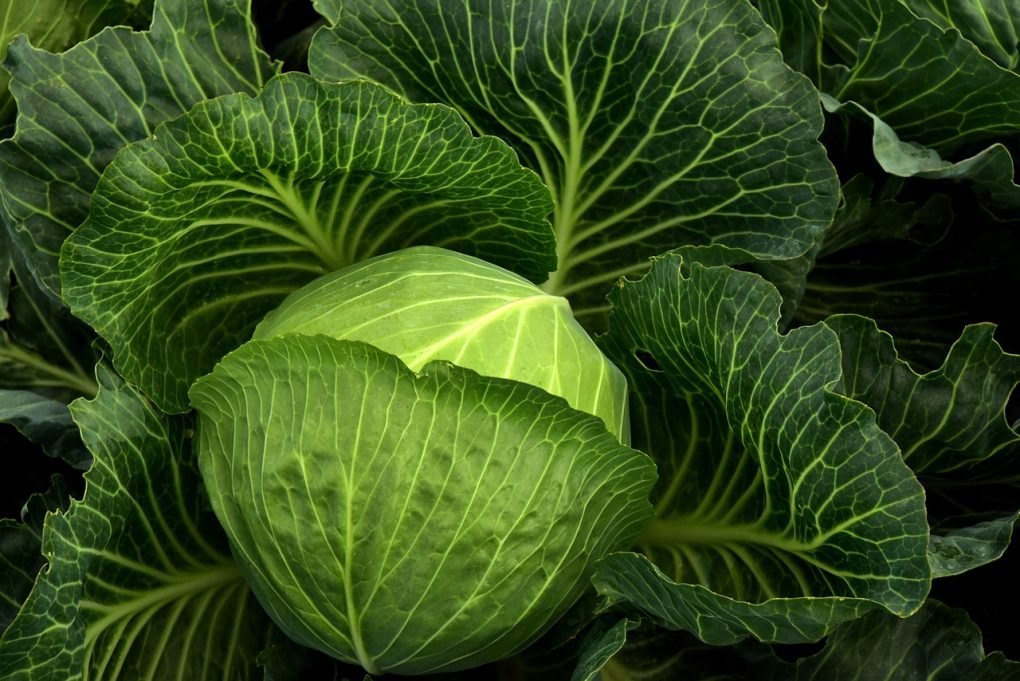
If you’re wondering if it’s possible to freeze cabbage, the answer is yes. Freezing cabbage is a great way to preserve its flavor and nutrition for an extended period of time. In this comprehensive guide, we’ll discuss how to freeze cabbage, the best methods for freezing it, and how to use it once it’s been frozen. Read on to learn more about this nutritious vegetable and discover how freezing cabbage can help you enjoy its benefits for a longer period of time.
- What is Cabbage?
- What are the Health Benefits of Cabbage?
- What are the Different Types of Cabbage?
- How to Prepare and Freeze Cabbage
- How to Store Frozen Cabbage
- How to Use Frozen Cabbage
- Can You Freeze Cabbage Without Blanching?
- What are the Best Ways to Reheat Frozen Cabbage?
- What Should be Avoided When Reheating Frozen Cabbage?
- Conclusion
What is Cabbage?
Cabbage is a leafy, leafy vegetable of the cruciferous family, related to broccoli, kale, and cauliflower. It is an incredibly versatile and nutrient-dense vegetable, containing a range of vitamins and minerals that can help to support a healthy diet. Cabbage is low in calories and is a great source of dietary fiber, making it an ideal food for those looking to maintain a healthy lifestyle.
What are the Health Benefits of Cabbage?
Cabbage is an excellent source of vitamins and minerals, including vitamin C, vitamin K, folate, and manganese. It is also high in dietary fiber, which can help to support digestive health and promote regularity. Additionally, cabbage is a great source of antioxidants, which can help to protect the body from oxidative stress and reduce inflammation.
What are the Different Types of Cabbage?
There are several different types of cabbage, including green, red, and savoy. Green cabbage is the most common and is known for its mild flavor and crunchy texture. Red cabbage is slightly spicier and has a slightly sweet flavor. Savoy cabbage is milder in flavor and has a crinkly texture.
How to Prepare and Freeze Cabbage
Before freezing, cabbage should be washed and cut into thin slices or shredded. It is important to ensure that the cabbage is thoroughly cleaned to reduce the risk of contamination. After washing, the cabbage should be blanched in boiling water for two to three minutes. This helps to preserve the flavor and texture of the cabbage while also making it easier to freeze. Once the cabbage has been blanched, it should be placed in a sealed container or freezer bag and frozen.
How to Store Frozen Cabbage
Frozen cabbage should be stored in an airtight container or freezer bag. To ensure that the cabbage remains fresh, it should be used within 9 to 12 months. Additionally, it is important to ensure that the cabbage is properly labeled with the date of freezing so that it can be used in a timely manner.
How to Use Frozen Cabbage
Frozen cabbage is an incredibly versatile vegetable and can be used in a variety of dishes. It can be added to soups, stews, and casseroles for added texture and nutrition. It can also be used in salads or as a side dish. Frozen cabbage can also be used as a substitute for fresh cabbage in recipes.
Can You Freeze Cabbage Without Blanching?
Blanching is an important step in freezing cabbage as it helps to preserve the flavor and texture of the cabbage. If cabbage is not blanched before freezing, it may become limp and lose its flavor. As such, it is not recommended to freeze cabbage without blanching it first.
What are the Best Ways to Reheat Frozen Cabbage?
Frozen cabbage can be reheated in a variety of ways. It can be steamed or boiled until it is heated through. Alternatively, it can be microwaved until it is warm. Frozen cabbage can also be added to soups and stews while they are cooking.
What Should be Avoided When Reheating Frozen Cabbage?
When reheating frozen cabbage, it is important to avoid overcooking it. Overcooking can cause the cabbage to become mushy and lose its flavor. Additionally, it is important to avoid adding too much liquid to the cabbage while reheating as this can cause it to become soggy.
Conclusion
Cabbage is an incredibly nutritious and versatile vegetable that can be enjoyed in a variety of dishes. Freezing cabbage is a great way to preserve its flavor and nutrition for an extended period of time. By following the steps outlined in this guide, you can ensure that your cabbage remains fresh and flavorful when frozen. With this knowledge, you’ll be able to enjoy the benefits of cabbage for longer periods of time.
